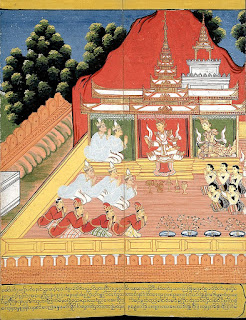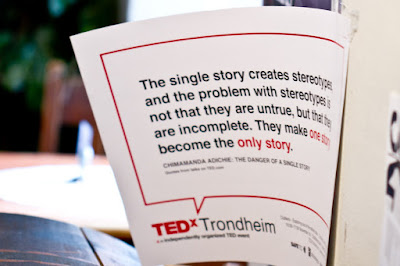Growth Mindset: Not Wasting Time

I read an interesting article called " Don't Waste Your Time With Bad Resolutions. This is How To Do Them Right. " by Tim Herrera. I liked this article because it was realistic about setting goals. Often times, we set goals that are overly ambitious and don't seem to follow through with many of them. In this article, it mentioned a helpful acronym, which was SMART: Specific, Measurable, Achievable, Relevant, and Time-bound. Thinking about those things when setting a goal would help to make a more reasonable and specific goal to reach. I also liked how it talked about being a little more self-forgiving because sometimes we all have those bad days. It's important to just keep improving from the slip ups. I know one thing I want to get better at is making better and realistic goals. Sometimes I feel like I don't give myself enough time to meet my goals, or they're not really realistic. Definitely could improve on not wasting my time and focusing on how I can ...




